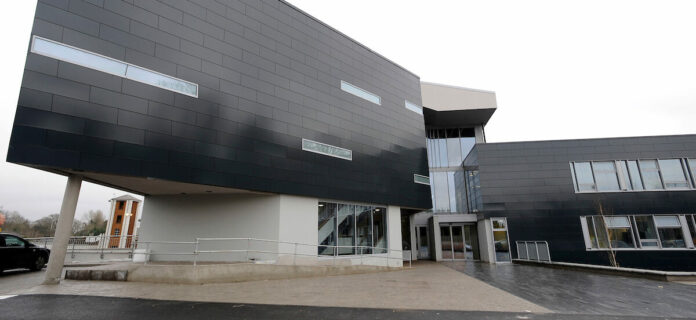CLARE County Council carries out regular checks on retailers of solid fuels to ensure they comply with regulations surrounding the selling of smoky fuels, a spokesperson for the council has said.
Responding to concerns highlighted about the quality of air in Ennis, Clare County Council stated, “At present, Ireland has an established network of stations to monitor air quality which are configured to meet the requirements of the European Union CAFE (Clean Air For Europe) Directive.
“The Environmental Protection Agency (EPA) is the designated competent authority for the implementation of all Irish and European Union (EU) ambient air quality legislation.
“The EPA is also the specified monitoring and reporting body under this legislation. The EPA manages and co-ordinates current ambient air monitoring activities in co-operation with local authorities and other state bodies, complying with strict sampling and reporting requirements.
“Currently there is 1 No. CAFE Air Monitoring site situated in Ennis in the former Ennis Town Council complex in Drumbiggle.
“The station in Ennis measures Particulate Matter and sulphur dioxide. Particulate matter (PM) are minute particles of dust, soot and smoke etc and the daily limit over a 24 hour averaging period for PM10 is 50 ug/m3. The unit of measurement is the ug (microgramme) and is a unit of mass equal to one millionth (1×10−6) of a gram per cubic meter.
“However it is important to stress that the limit specified in the Regulations is only deemed to be breached if more than 35 exceedances occur over a 24 hour averaging period during the entire year.
“Therefore even a number of hourly readings which may breach the nominal limit value does not necessarily mean a breach of the Air Quality Regulations when viewed over the 24 hour averaging period and per annum basis.
“The EPA are the reporting body and will make such determinations on an annual basis.
“From Met Éireann records we are currently experiencing a very cold period with little to no wind. Wind speed and atmospheric conditions are a significant factor in dispersing any form of air borne pollutants.
“For the period in question there is a direct correlation in the increase in particulate matter readings during the late evening, as residents return home and put on solid fuel heating, and the readings decreasing again in the early hours of the morning as residents are asleep and heating systems are switched off.
“The burning of all solid fuel such as coal, turf, briquettes, timber, heating oil/kerosene are all a significant contributing factor in air pollution.”
The response referenced Minister for the Environment, Climate and Communications, Eamon Ryan signing the new Solid Fuel Regulations for Ireland into law on October 31, 2022.
The primary focus of these regulations is on improving air quality and improving people’s health outcomes, by restricting the retail, online and commercial sale of smoky fuels, including smoky coal, turf and wet wood. These fuels are proven to be a major contributor to air pollution in Ireland.
“Clare County Council have notified all retailers of such fuels of their obligations under the new Regulations and carry out regular checks on retailers of solid fuels to ensure compliance with the Regulations.
“Government policy in this area is for a transition away from the use of fossil fuels for heating to more sustainable sources of green energy.
“That transition will take time to deliver but it is enshrined in many facets of legislation across all government departments.
“The new social housing schemes recently opened by Minister O’Brien in County Clare are all built to nearly zero energy building (NZEB) standards. These houses do not use solid fuel heating but instead rely on in part improved air tightness, increased insulation and more effective heating/ventilation systems to achieve more energy efficient homes. They will help lower people’s energy bills, reduce the risk of fuel poverty and dramatically reduce any contribution to air pollution.”


